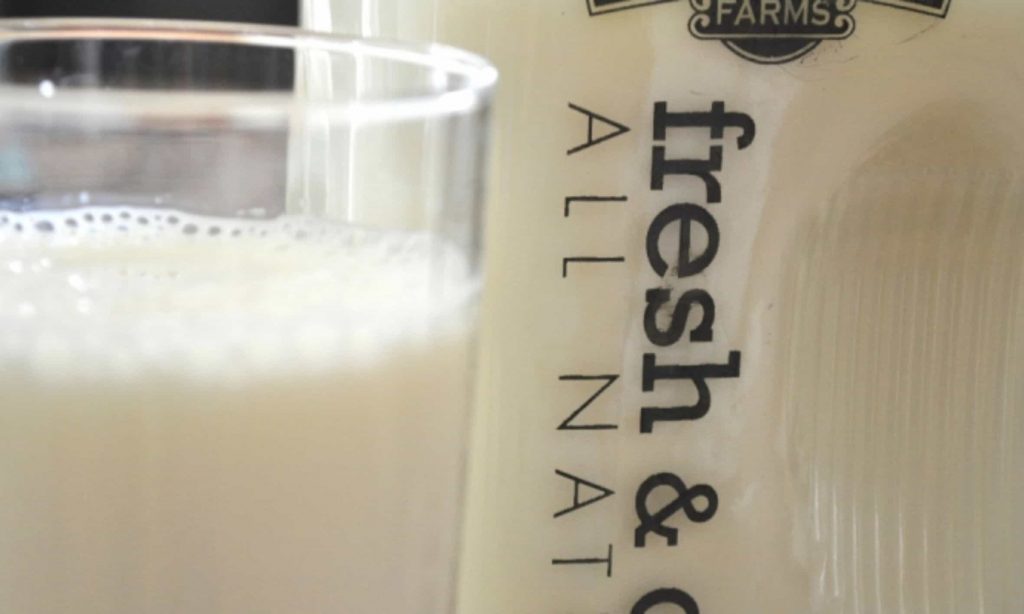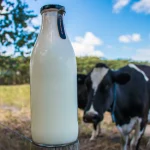
Milk is the ultimate drink. It helps your body rehydrate, repair and replenish. It is full of nutrients and helps your body build strong bones and supports your immune system.
Milk contains 13 essential nutrients and minerals: protein, calcium, potassium, vitamin D, vitamin B12, vitamin A, riboflavin, phosphorus, niacin, zinc, iodine, selenium and pantothenic acid. Holy cow! That’s impressive.
Compared to alternatives, milk has the least amount of ingredients. It has none of the stabilizers or flavorings often found in the ingredient list of non-dairy alternatives.
Milk is not only is the top food source of calcium in the American diet, but it also has a lower carbon footprint than most foods.
Milk is tasty, nutritious and sustainable.
For centuries, dairy farmers have been good stewards of the environment, and they continue to look for ways to improve and learn more sustainable practices each day.
Tasty, nutritious and sustainable…milk will always be my first choice in the morning!
That’s not all! Let’s milk a few more udderly delightful facts about dairy:
- It takes 12 lbs. of whole milk to make 1 gallon of ice cream.
- It takes 10 lbs. of milk to make 1 lb. of cheese; the U.S. produces more than 300 varieties of cheese.
- 95% of U.S. dairy farms are family owned and operated.
- Dairy farmers have decreased their carbon footprint by 2/3 since 1960.
- Holstein cattle, which are known for their black and white markings, are the most common dairy cattle in the U.S.
- Milk travels from the farm to the grocery store in about 48 hours.
- The average U.S. dairy farm has 337 cows producing milk; production across the nation totals 226 billion pounds annually.




















